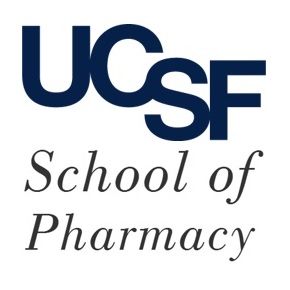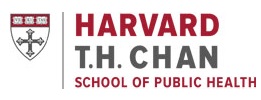Submitted by ja607 on
| Title | A unified framework for joint-tissue transcriptome-wide association and Mendelian randomization analysis. |
| Publication Type | Journal Article |
| Year of Publication | 2020 |
| Authors | Zhou, D, Jiang, Y, Zhong, X, Cox, NJ, Liu, C, Gamazon, ER |
| Journal | Nat Genet |
| Volume | 52 |
| Issue | 11 |
| Pagination | 1239-1246 |
| Date Published | 2020 11 |
| ISSN | 1546-1718 |
| Keywords | Animals, Gene Expression Profiling, Genetic Association Studies, Humans, Lipoproteins, LDL, Mendelian Randomization Analysis, Mice, Models, Genetic, Multifactorial Inheritance, Predictive Value of Tests |
| Abstract | Here, we present a joint-tissue imputation (JTI) approach and a Mendelian randomization framework for causal inference, MR-JTI. JTI borrows information across transcriptomes of different tissues, leveraging shared genetic regulation, to improve prediction performance in a tissue-dependent manner. Notably, JTI includes the single-tissue imputation method PrediXcan as a special case and outperforms other single-tissue approaches (the Bayesian sparse linear mixed model and Dirichlet process regression). MR-JTI models variant-level heterogeneity (primarily due to horizontal pleiotropy, addressing a major challenge of transcriptome-wide association study interpretation) and performs causal inference with type I error control. We make explicit the connection between the genetic architecture of gene expression and of complex traits and the suitability of Mendelian randomization as a causal inference strategy for transcriptome-wide association studies. We provide a resource of imputation models generated from GTEx and PsychENCODE panels. Analysis of biobanks and meta-analysis data, and extensive simulations show substantially improved statistical power, replication and causal mapping rate for JTI relative to existing approaches. |
| DOI | 10.1038/s41588-020-0706-2 |
| Alternate Journal | Nat Genet |
| PubMed ID | 33020666 |
| PubMed Central ID | PMC7606598 |
| Grant List | UL1 TR000445 / TR / NCATS NIH HHS / United States R01 HG011138 / HG / NHGRI NIH HHS / United States S10 RR025141 / RR / NCRR NIH HHS / United States U01 MH103340 / MH / NIMH NIH HHS / United States R01 HD074711 / HD / NICHD NIH HHS / United States RC2 GM092618 / GM / NIGMS NIH HHS / United States U01 HG006378 / HG / NHGRI NIH HHS / United States U01 HG009086 / HG / NHGRI NIH HHS / United States R01 MH113362 / MH / NIMH NIH HHS / United States R35 HG010718 / HG / NHGRI NIH HHS / United States U01 MH116489 / MH / NIMH NIH HHS / United States U19 HL065962 / HL / NHLBI NIH HHS / United States R01 MH110920 / MH / NIMH NIH HHS / United States P50 GM115305 / GM / NIGMS NIH HHS / United States UL1 RR024975 / RR / NCRR NIH HHS / United States R01 NS032830 / NS / NINDS NIH HHS / United States U01 HG004798 / HG / NHGRI NIH HHS / United States UL1 TR002243 / TR / NCATS NIH HHS / United States |





